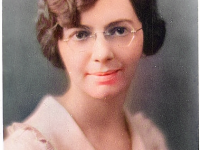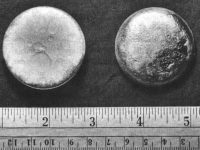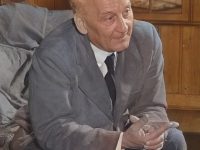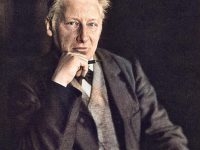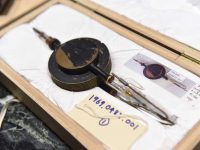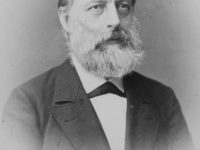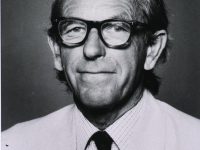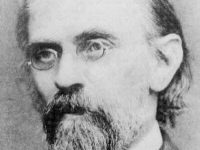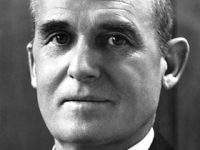Florence Seibert and the Tuberculosis Test
On October 6, 1897, American biochemist Florence Barbara Seibert was born. Seibert is best known for identifying the active agent in the antigen tuberculin as a protein, and subsequently for isolating a pure form of tuberculin, purified protein derivative (PPD), enabling the development and use of a reliable TB test. Youth and Education Seibert was born in Easton, Pennsylvania, USA, the second of three children of George Peter Seibert, a rug manufacturer…
Read more

